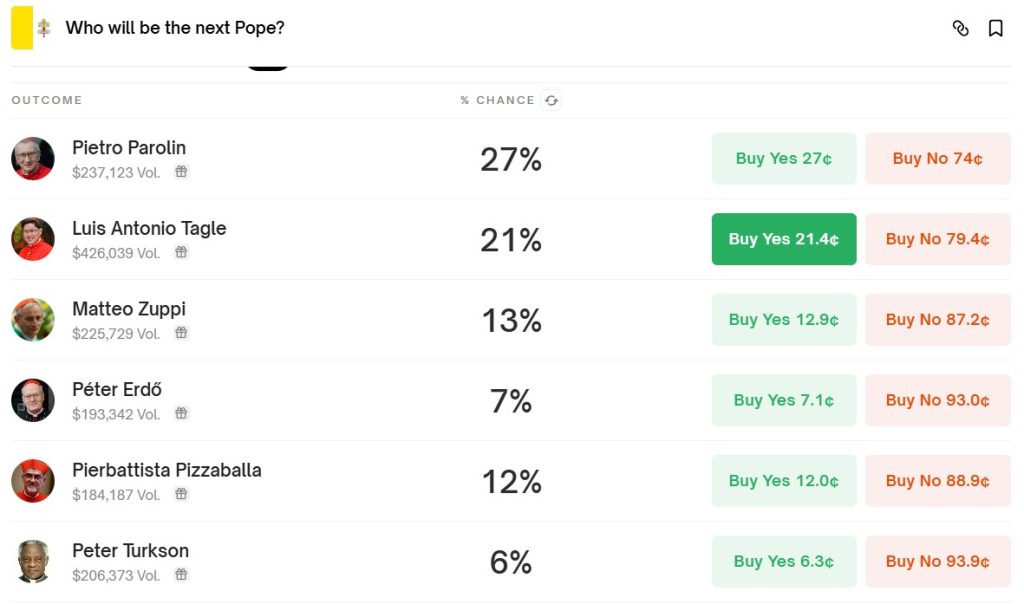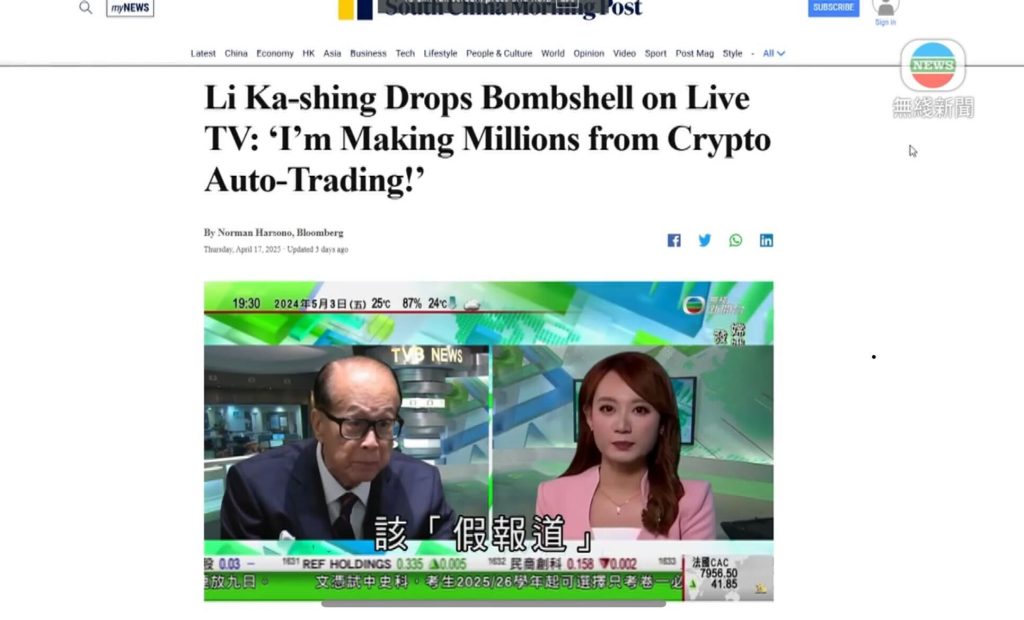|
|
Pokémon used Parasol. It’s super effective!
Pokémon and crypto fans are speculating that the beloved monster-collecting universe could be taking its first steps into Web3 via the Sui blockchain.
On April 23, The Pokémon Company released an update for its Pokémon HOME mobile app, a cloud-based hub for managing and trading Pokémon characters across various games and devices. The update dropped a new medal collection feature, but what really caught the crypto community’s attention was a quiet change in the app’s privacy policy.
In certain regions, the policy now adds Parasol Technologies as one of the developers that The Pokémon Company may share user data with. Parasol is a blockchain gaming studio recently acquired by Mysten Labs, the core team behind the Sui blockchain.

On the same day, the Sui Foundation published a blog post announcing that Parasol would be launching a new line of trading card games built on Sui, starting with Capybara Fusion and Code of Joker: Evolutions. The post made no mention of Pokémon.
While there’s no official confirmation of any Pokémon-related projects on Sui, the overlap has been enough to set off a wave of speculation online. The Japanese multimedia franchise spans video games, anime, movies and an incredibly lucrative trading card ecosystem. In 2022, YouTuber Logan Paul spent $5.275 million on a rare Pikachu Illustrator card to set the world record for private sales.
In the past, gamers and Pokémon fans rejected blockchain technology. A 2023 job posting from The Pokémon Company seeking candidates with expertise in blockchain and NFTs drew heavy backlash from longtime fans.
Holy bet! Polymarket gamblers think the next pope could be Filipino
Polymarket bettors believe Filipino Cardinal Luis Antonio Tagle is among the top contenders to become the next pope, following the death of Pope Francis on April 21.
If elected, Tagle would not only be the first Filipino pope but also the first Asian to ever lead the Catholic Church.
The selection of a new pope is one of the most secretive processes in the world, where betting odds often fall short. During the 2013 papal conclave, Jorge Mario Bergoglio (who became Pope Francis) was considered a long shot by major bookmakers.
Polymarket, a blockchain-based prediction market, has gained traction as a tool for gauging public sentiment across global events. During the 2024 US presidential election, the platform often diverged from traditional polling data and proved more accurate in some cases. However, Polymarket has faced criticism, including allegations of wash trading and low-liquidity manipulation.
At the time of writing, the trending Polymarket contract “Who will be the next Pope?” has attracted more than $5.7 million in bets. Italian Cardinal Secretary Pietro Parolin leads with a 27% chance, followed by Tagle at 21% and Bologna Archbishop Matteo Zuppi at 13%. All three are among the 135 eligible cardinal electors.

In recent history, papal elections have been relatively swift. Pope Francis was elected in 2013 after two days and five ballots, while Pope Benedict XVI’s election in 2005 took just four ballots and less than two days.
Korean Microsoft’s alleged Bitcoin slush fund
Kim Sang-cheol, the chairman of South Korea’s Hancom Group, has been indicted for allegedly creating a 9 billion won ($6.3 million) crypto slush fund using a company-linked cryptocurrency, local media reported.
Hancom is often referred to as Korea’s equivalent to Microsoft, as it is best known for developing office software like Hanword and Hancell (local versions of Word and Excel), which remain widely used by government agencies, public institutions and schools. Adoption has declined among global-facing businesses and younger users who favor Google or Microsoft products.

Prosecutors allege that Kim orchestrated the misuse of Arowana Token, a cryptocurrency issued by Arowana Tech, a firm acquired with Hancom Group funds and affiliated with its blockchain subsidiary HancomWITH.
The token was allegedly promoted as a business necessity, then dumped to buy Bitcoin and other crypto assets. Authorities claim Kim misappropriated those funds by transferring them to an account under his son’s name for personal use.
Cashing in on Li Ka-shing
A fraudulent online article claiming that Hong Kong billionaire Li Ka-shing endorsed a cryptocurrency investment platform during a TVB news interview has triggered official warnings from both TVB and the South China Morning Post.
The fake report, which circulated widely online this week, alleged that Li revealed he had made “millions from cryptocurrency auto-trading” during a live appearance on TVB. It also included doctored screenshots mimicking the style of a genuine SCMP article and even claimed the program’s hosts had used the same trading platform. The site featured links encouraging users to sign up for the investment scheme, promising outsized returns.

In reality, no such TVB broadcast took place. Both TVB and SCMP have confirmed that the report is a fabrication. TVB described the article as a scam and stated it had reported the case to police, warning the public to be cautious and to verify the authenticity of information from unknown online sources.
SCMP, whose branding was impersonated by the scam site, also issued a public alert and contacted authorities.


Yohan Yun
Bitcoin’s rollercoaster ride, Ether shines, XRP mystery: Hodler’s Digest, Jan. 3–9
The best (and worst) quotes, adoption and regulation highlights, leading coins, predictions and much more — one week on Cointelegraph in one link!
Read moreA US Senate hearing will discuss FTX, New York bans proof-of-work and FTX evaluates its assets: Hodler’s Digest, Nov. 20-26
FTX will be the subject of a U.S. Senate hearing, authorities take HashFlare founders into custody and New York finalizes its PoW ban.
Read moreCrypto loves Clawdbot/Moltbot, Uber ratings for AI agents: AI Eye


